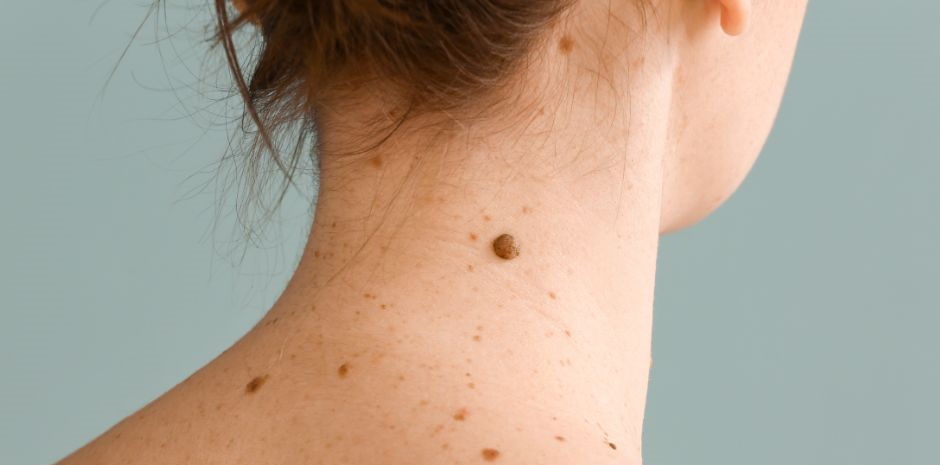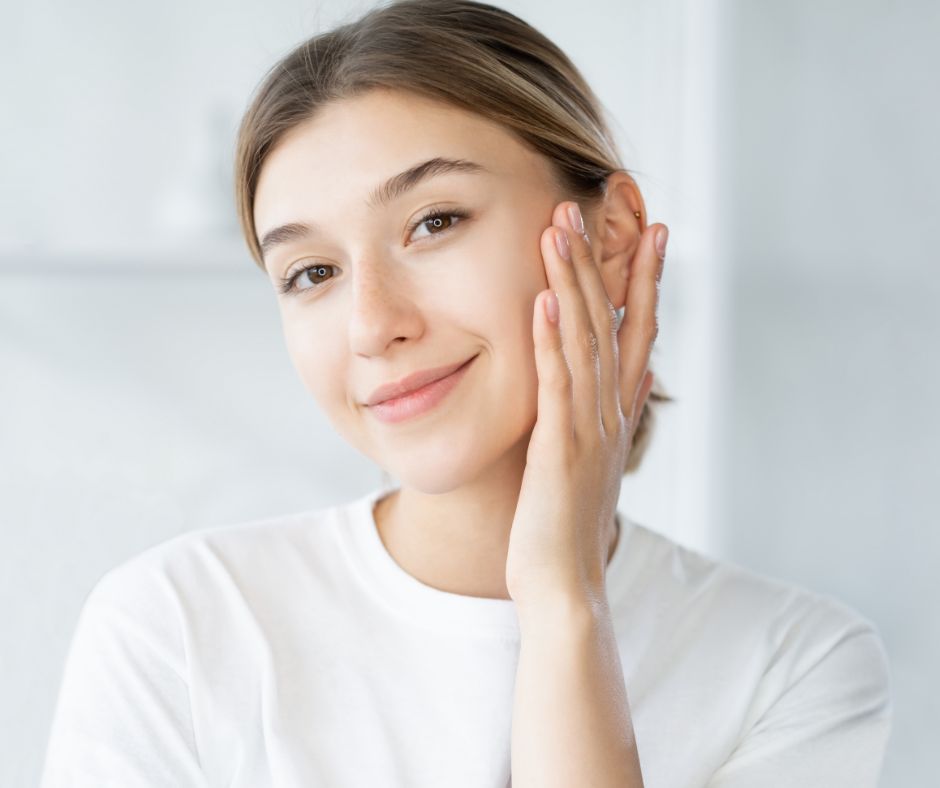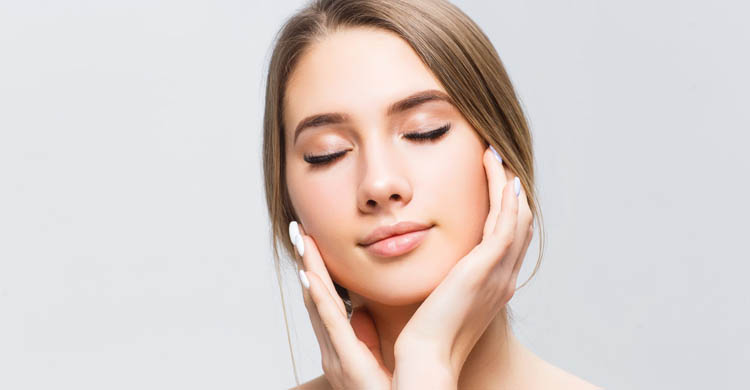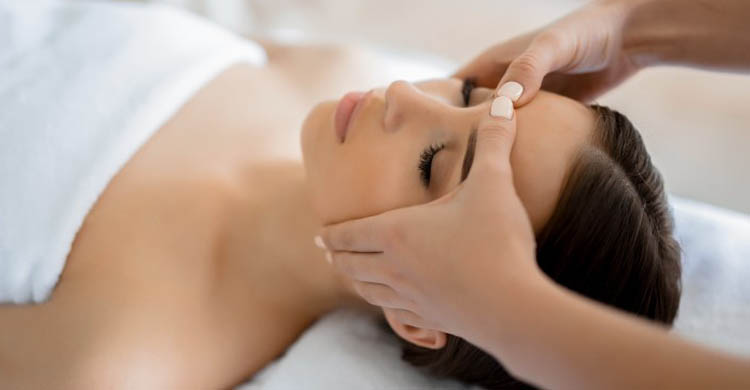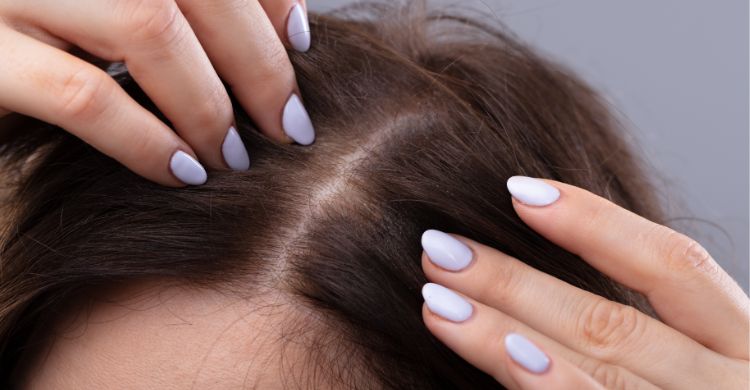Treatments For Moles
Moles London
Symptoms and Causes of Moles
Moles are created by the gathering of melanocytes, which are skin that produce the pigment that gives skin its colour. The precise source of this clustering is unknown, however it is assumed to be caused by a combination of genetic and environmental factors. The following are some common causes that can contribute to the formation of moles:
Genetics: The proclivity to grow moles may be inherited, and people who have a family history of moles are more prone to develop them.
Sun exposure can cause the formation of moles, especially in people with fair skin. UV light can damage the DNA in skin , causing moles and other types of skin growths to appear.
Hormonal changes: Hormonal changes, such as those seen during pregnancy or puberty, might result in the formation of moles.
Age: Moles are more common in older people because they develop more slowly.
Moles are typically asymptomatic and do not cause discomfort or suffering. They usually show on the skin as tiny, round, or oval-shaped growths that range in colour from light brown to dark brown or black. Moles can be flat or elevated, with or without hair coming from them. While the majority of moles are benign and innocuous, some may have uncommon or worrying characteristics that may signal a risk for skin cancer.
Among the symptoms of a potentially malignant mole are:
Asymmetry: One half of the mole is not the same as the other.
Uneven borders: Instead of being smooth and well-defined, the boundaries of the mole are uneven or fuzzy.
Varied colour: The mole is multicoloured or has an irregular colour distribution.
Diameter: The mole is more than 6 millimetres in diameter (approximately the size of a pencil rubber), though not all melanomas are.
Evolving: The mole's size, shape, colour, or texture has altered, or it has developed new symptoms such as itching or bleeding.
If you have a mole that shows any of the aforementioned signs or are worried about the look of a mole, you should seek the advice of a healthcare physician or dermatologist. Skin cancer identification and treatment must begin as soon as possible for best results.
SaveFace
You safety matters
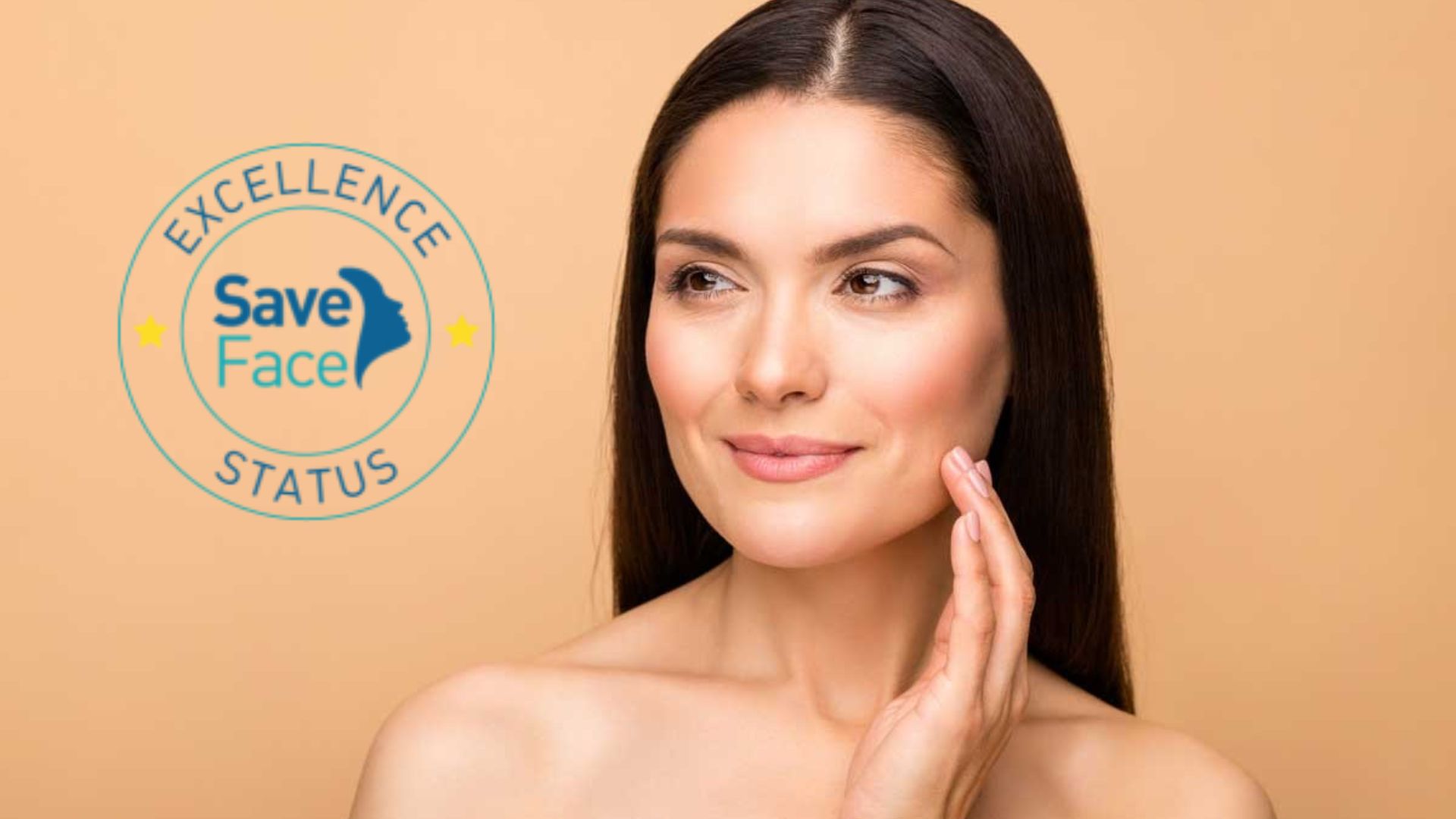
At Dermamina we have successfully attained the Save Face Accreditation, which signifies our consistent adherence to the highest industry standards. To earn this esteemed recognition, we underwent a rigorous evaluation conducted by an independent body.
Read more
Save Face is a register accredited by the Professional Standards Authority, holding official recognition from the Government, the Department of Health, and NHS England. This acknowledgment underscores our unwavering commitment to delivering exceptional quality services, meeting the stringent criteria set by these esteemed organizations.
